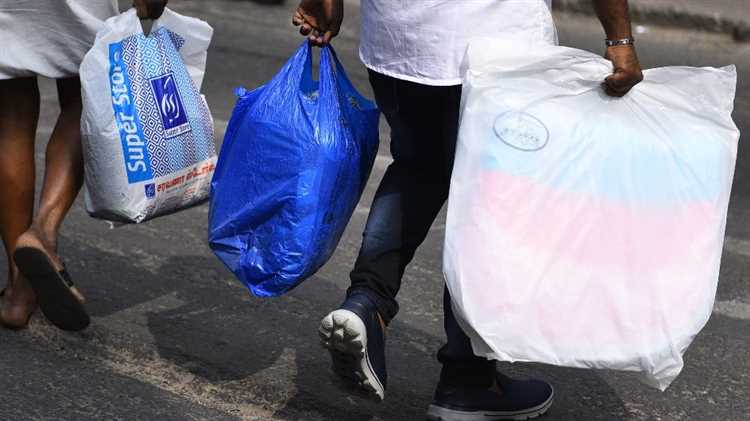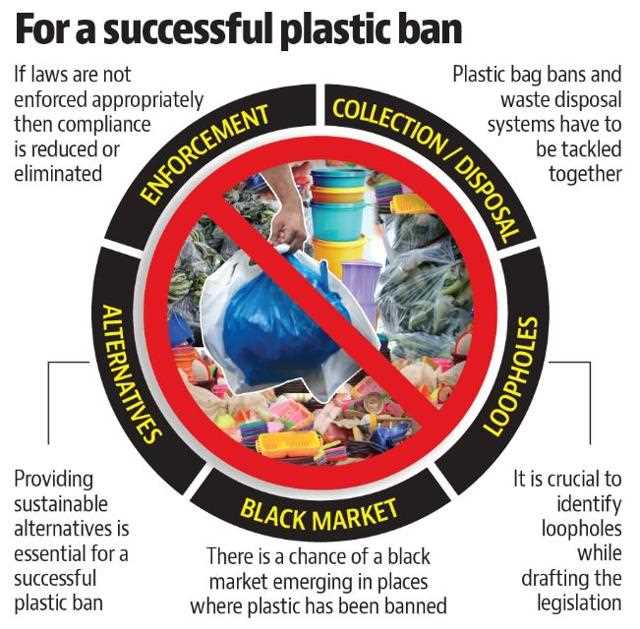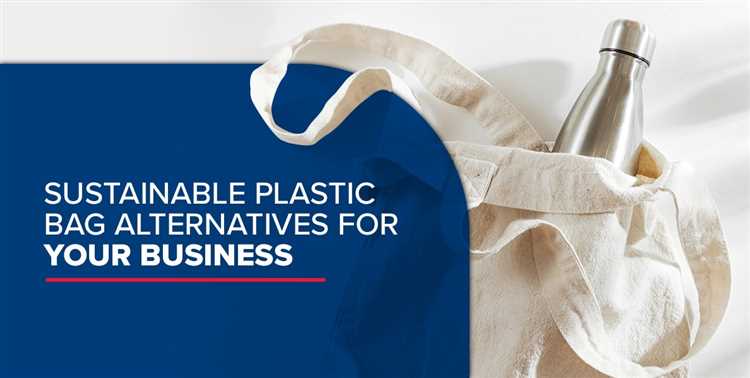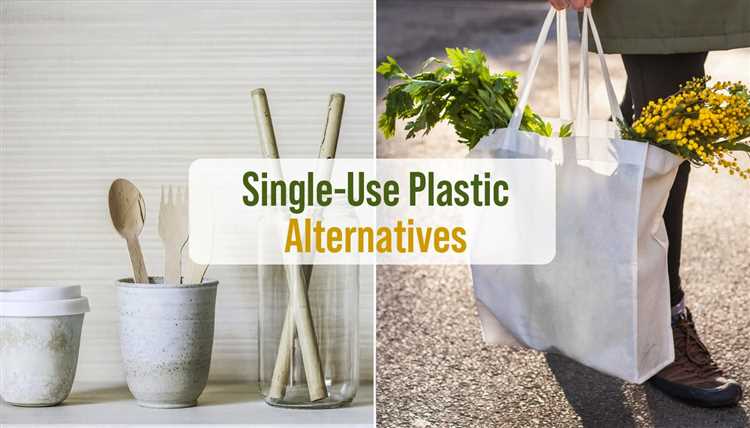The growing concern over the environmental impact of plastic bags has led many governments and organizations to implement bans on their use. While these bans aim to reduce plastic waste and promote sustainability, they have also sparked a search for greener alternatives to meet the needs of businesses and consumers.
One alternative that has gained popularity is the use of reusable bags made from materials such as cotton, canvas, or jute. These bags are durable and can be used multiple times, reducing the need for single-use plastic bags. Additionally, they can be customized with logos or designs, serving as a form of advertising for businesses.
Another eco-friendly option is the introduction of biodegradable bags, which are made from natural materials that break down over time. These bags offer a solution to the problem of plastic waste by decomposing and returning to the environment, minimizing their impact on landfills and oceans.
Furthermore, some companies are exploring innovative alternatives to plastic bags, such as mushroom-based packaging. These packaging materials are made from mycelium, the root structure of mushrooms, and can be molded into various shapes and sizes. They are fully biodegradable and have a minimal carbon footprint, making them a sustainable choice for packaging.
- The Environmental Impact of Plastic Bags
- Benefits of Implementing Plastic Bag Bans
- Exploring Alternatives to Plastic Bags
- Current Greener Alternatives: Reusable Bags
- Question-answer:
- What are some alternatives to plastic bags?
- Are paper bags a greener alternative to plastic bags?
- What is the main concern with plastic bags?
- Are biodegradable bags a better option than plastic bags?
- Why are plastic bag bans controversial?
- What are some alternatives to plastic bags?
The Environmental Impact of Plastic Bags

Plastic bags have a significant negative impact on the environment due to their production, usage, and disposal. Here are some key points to consider:
- Production: Plastic bags are made from non-renewable resources such as crude oil and natural gas. Extracting and processing these resources contribute to air and water pollution, as well as greenhouse gas emissions.
- Usage: Plastic bags are typically used for a short amount of time before being discarded. This short lifespan leads to a high demand for production and an excessive amount of waste being generated.
- Waste Disposal: Plastic bags are not biodegradable and can persist in the environment for hundreds of years. Improper disposal of plastic bags, such as littering or improper recycling, can result in them ending up in waterways, where they pose a threat to marine life.
- Impact on Wildlife: Plastic bags can be mistaken for food by marine animals and birds, leading to ingestion and entanglement. This can result in suffocation, injuries, and death.
- Microplastics: With time, plastic bags break down into smaller pieces known as microplastics. These tiny particles can accumulate in soil and water, potentially entering the food chain and causing harm to both wildlife and humans.
- Resources Consumption: Producing plastic bags requires a significant amount of energy and water. By reducing the use of plastic bags, we can help conserve these valuable resources.
In conclusion, plastic bags have a severe environmental impact that poses a threat to ecosystems and wildlife. By exploring greener alternatives to plastic bag bans, such as reusable bags or biodegradable alternatives, we can work towards reducing the detrimental effects of plastic on our planet.
Benefits of Implementing Plastic Bag Bans

Implementing plastic bag bans can have a number of positive impacts on the environment and society. Some of the key benefits include:
- Reduced plastic pollution: Plastic bags are a major contributor to marine and land-based plastic pollution. By banning plastic bags, communities can significantly decrease the amount of plastic waste that ends up in oceans, rivers, and landfills. This helps protect wildlife, prevent ecosystem damage, and improve overall environmental health.
- Conservation of resources: The production of plastic bags requires significant amounts of resources, including oil and natural gas. By banning plastic bags, communities can conserve these valuable resources, which can then be used for other purposes or saved for future generations.
- Promotion of reusable alternatives: Plastic bag bans encourage the use of reusable alternatives, such as cloth or canvas bags. These alternatives are more durable and can be used multiple times, reducing the demand for single-use plastic bags. Promoting reusable alternatives also helps create a culture of sustainability and encourages individuals to consider the environmental impact of their choices.
- Economic benefits: Plastic bag bans can lead to economic benefits for communities. By reducing the use of plastic bags, communities can save money on waste management and litter cleanup costs. Additionally, the promotion of reusable alternatives can create new market opportunities and stimulate local businesses that produce and sell reusable bags.
- Health and safety benefits: Plastic bags can pose risks to human health and safety. They can potentially suffocate young children if left unattended, and animals can mistake them for food, leading to injury or death. By implementing plastic bag bans, communities can help create safer environments for both humans and wildlife.
Overall, implementing plastic bag bans is a positive step towards reducing plastic pollution, conserving resources, promoting sustainability, and improving the health and safety of communities and the environment.
Exploring Alternatives to Plastic Bags

Plastic bags have become a major environmental concern due to their negative impact on ecosystems and wildlife. In recent years, many cities and countries have implemented plastic bag bans to reduce their use and encourage the use of more sustainable alternatives. Let’s explore some of these alternatives:
1. Reusable bags: One of the most popular alternatives to plastic bags is using reusable bags made of materials like canvas, jute, or cotton. These bags are sturdy, durable, and can be used multiple times, reducing the need for single-use plastic bags.
2. Paper bags: Paper bags are another commonly used alternative to plastic bags. They are biodegradable and can be recycled easily. However, the production of paper bags has its own environmental impact, as it requires cutting down trees and consumes more energy compared to plastic bag production.
3. Biodegradable bags: Biodegradable bags are designed to break down over time when exposed to sunlight, heat, and moisture. These bags are made from plant-based materials like cornstarch. While they are more environmentally friendly compared to traditional plastic bags, they still take a considerable amount of time to decompose and may not completely disappear in landfill conditions.
4. Compostable bags: Compostable bags are similar to biodegradable bags but are designed to break down into organic matter that can be used to enrich soil. These bags break down faster and more completely compared to biodegradable bags. However, they require specific composting conditions to facilitate the decomposition process.
5. Tote bags: Tote bags are versatile and functional alternatives to plastic bags. They come in various sizes and designs and can be used for shopping, carrying books, or as fashion accessories. Tote bags are typically made from canvas, cloth, or recycled materials, making them a sustainable option.
In conclusion, there are several alternatives to plastic bags that can help reduce their negative impact on the environment. Each alternative has its own advantages and disadvantages, and choosing the most suitable option depends on factors like availability, cost, and personal preference. By exploring greener alternatives to plastic bags, we can contribute to a more sustainable future.
Current Greener Alternatives: Reusable Bags

One popular and effective alternative to single-use plastic bags is the use of reusable bags. These bags are designed to be durable and can be used multiple times, reducing the need for single-use plastic bags.
Reusable bags are typically made from materials such as cotton, canvas, nylon, or recycled plastic. They come in various sizes and designs, making them suitable for different purposes, from grocery shopping to carrying personal items.
There are several advantages to using reusable bags. Firstly, they are more environmentally friendly than plastic bags. By using a reusable bag, you can significantly reduce your carbon footprint and the amount of plastic waste that ends up in landfills or the ocean.
Secondly, reusable bags are often more durable and can hold more weight than plastic bags. This makes them a more practical option for carrying heavy groceries or other items. Many reusable bags also have sturdy handles or straps, making them more comfortable to carry.
Additionally, some stores and cities offer incentives for using reusable bags, such as discounts or rewards points. This can provide further motivation for individuals to switch to reusable bags and make sustainable choices.
However, it’s important to note that the production of reusable bags also has an environmental impact. The materials used and the manufacturing process can still contribute to greenhouse gas emissions and other pollution. Therefore, it’s crucial to choose reusable bags that are made from sustainable materials and produced in an eco-friendly manner.
In conclusion, reusable bags are a greener alternative to single-use plastic bags. They are more environmentally friendly and durable, and can also provide additional benefits such as incentives from stores. By making the switch to reusable bags, individuals can contribute to reducing plastic waste and promoting a more sustainable future.
Question-answer:
What are some alternatives to plastic bags?
Some alternatives to plastic bags include reusable cloth bags, paper bags, and biodegradable or compostable bags made from plant-based materials.
Are paper bags a greener alternative to plastic bags?
Paper bags are considered to be a greener alternative to plastic bags because they are biodegradable and can be recycled. However, they do have their own environmental impact in terms of energy and water consumption during production.
What is the main concern with plastic bags?
The main concern with plastic bags is their impact on the environment. They are not biodegradable and can take hundreds of years to decompose. Plastic bags also contribute to pollution in oceans and other natural habitats, harming wildlife.
Are biodegradable bags a better option than plastic bags?
Biodegradable bags are often seen as a better option than traditional plastic bags because they are designed to break down more quickly in the environment. However, there is still some debate over their actual environmental impact, as their production and disposal processes can still have negative effects.
Why are plastic bag bans controversial?
Plastic bag bans are controversial because they can have unintended consequences and affect different groups of people in different ways. Some argue that they unfairly burden consumers, particularly those who rely on free plastic bags for various purposes. Others argue that banning plastic bags without promoting and implementing sustainable alternatives may simply shift the problem to other types of waste.
What are some alternatives to plastic bags?
Some alternatives to plastic bags include paper bags, reusable cloth bags, and biodegradable bags made from materials such as cornstarch or hemp.